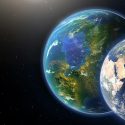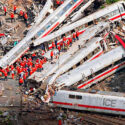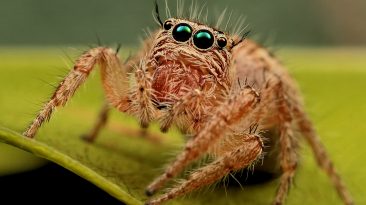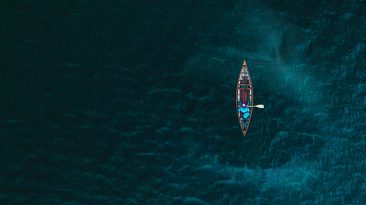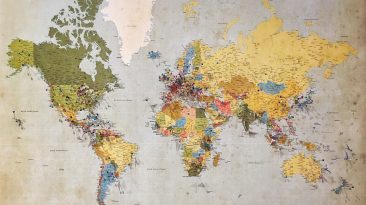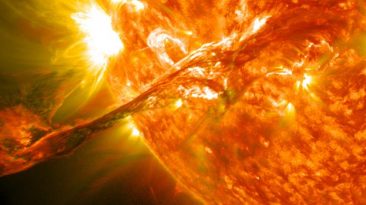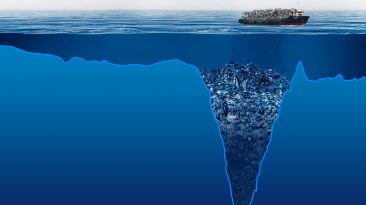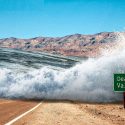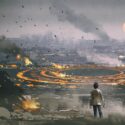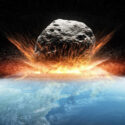Cities would drown, oceans would dry up, and human civilization would be thrown into chaos. This catastrophic change would not just flood our homes but completely reshape life on the planet. Societies would collapse, borders would vanish, and our way of life would be lost in a matter of hours. All the technologies and comforts we take for granted would become useless in this new reality.
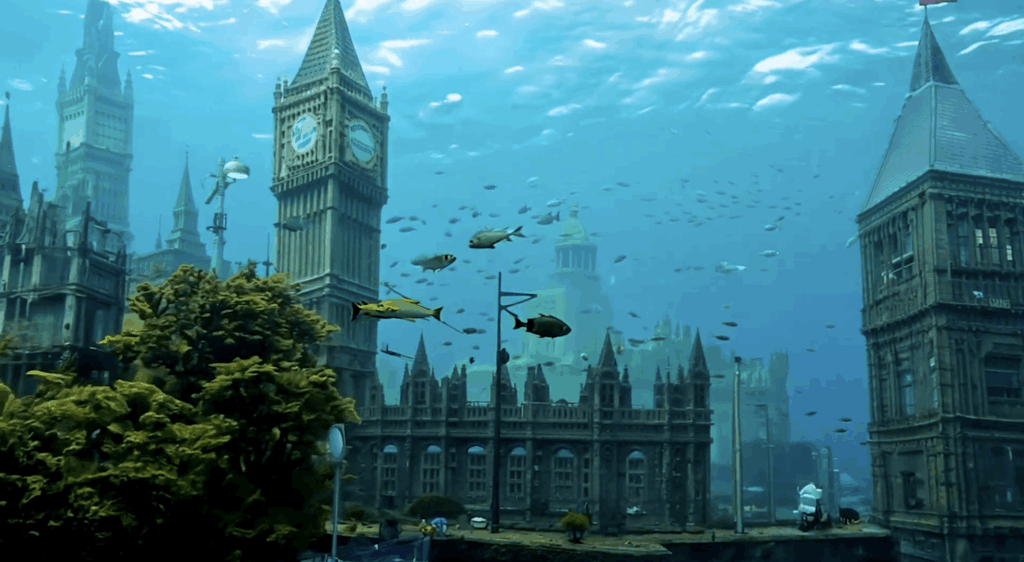
Here are six dramatic consequences we would face in this upside down world.
1. Cities Would Drown and New Oceans Would Form
In this scenario, seventy nine percent of Earth’s surface becomes water, while just twenty one percent becomes land. Most major cities would be instantly submerged. New oceans like the North American Ocean or the European Ocean would replace old continents, while dry ocean floors would emerge as a massive new supercontinent.
People in skyscrapers might survive the initial flooding by escaping upward, but the water would never recede. Those caught far from high ground or unable to swim would be lost almost immediately. Roads, subways, and entire infrastructures would vanish underwater, making emergency response impossible. Governments would collapse quickly, and any form of organized rescue would be highly unlikely.
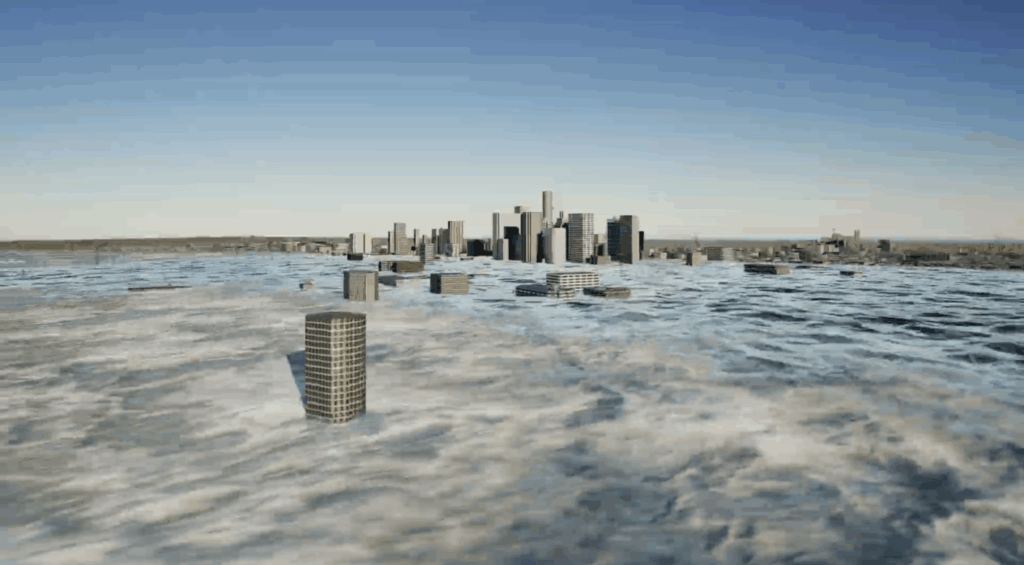
2. Marine Life Would Die and Discovery Would Come Too Late
With all the water removed from lakes, rivers, and oceans, marine creatures would be left gasping on dry land. Whales, sharks, and fish would die within minutes. Although scientists would gain access to deep ocean floors never before explored, every new discovery would be a lifeless fossil.
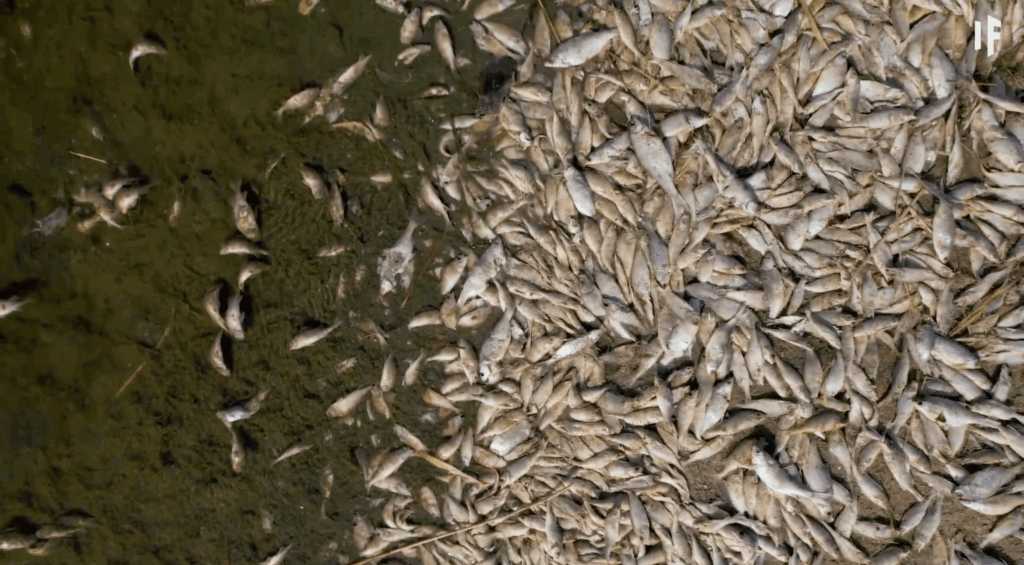
Over two thousand new species are found in oceans each year, but in this new world, they would all be extinct. Forest animals would also suffer, with many drowning or becoming stranded in strange environments. Coral reefs would be exposed and destroyed, removing essential habitats for countless sea creatures. The global food chain would be devastated, affecting everything from plankton to top predators.
3. Insects and Reptiles Would Thrive
While many species would vanish, others would flourish. Insects would feast on decaying animals and spread rapidly, carrying diseases like malaria. Reptiles such as crocodiles, alligators, and turtles would adapt more easily. They are already comfortable on both land and water, giving them a strong advantage.
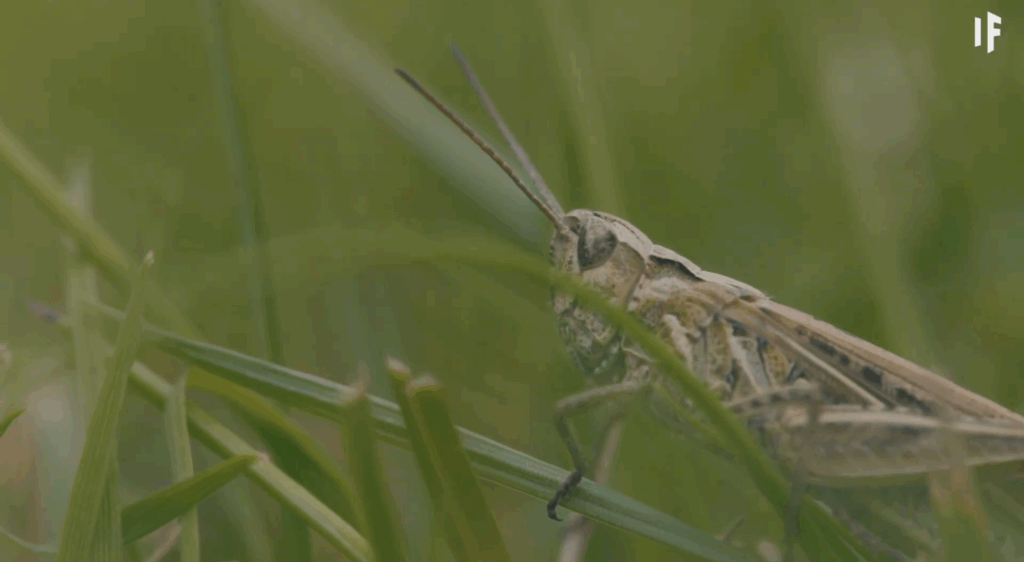
Humans, however, would face new challenges like mosquito swarms, increased disease outbreaks, and the constant threat of aggressive reptiles in their new environment. These animals could begin encroaching on human territory more frequently. With fewer predators and more space, their populations would grow quickly and alter the balance of surviving ecosystems.
4. Civilization Would Collapse Without Power
Most power plants would be underwater, leading to a total loss of electricity. With no energy infrastructure, basic needs like flushing toilets or accessing clean water would become major issues. Internet, communication, and medical equipment would all go offline. Survivors would have to build from scratch, using materials like plastic and trash from dried up oceans to create makeshift homes.
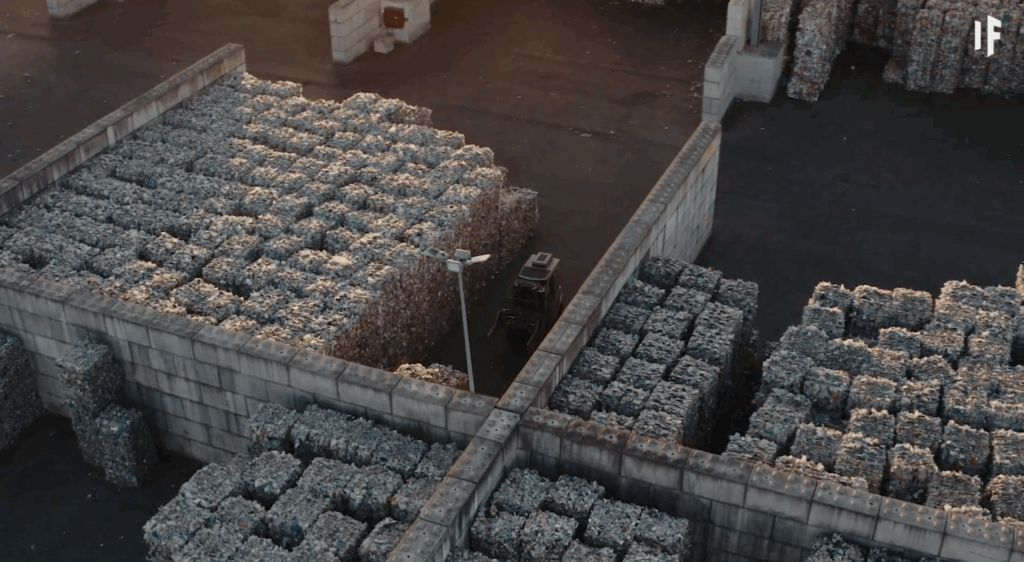
Agriculture would be difficult, with submerged crops and dead vegetation eliminating access to fruits and vegetables. Hospitals would be overwhelmed or completely gone, and diseases would spread unchecked. Entire cities would be forced to rely on primitive methods of survival, including fire and scavenging.
5. Climate Would Spiral Out of Control
Oceans currently play a critical role in regulating global temperature. They absorb heat and carbon dioxide, keeping the climate relatively stable. In a world where ocean surface area drops to just twenty one percent, the planet would overheat rapidly.
Deserts would spread, rainfall would become rare, and Earth would become hotter and drier than ever before. Narrow channels between new oceans would limit the flow of water currents, leading to extreme weather and further climate instability. Forests that once cooled the Earth would be gone or burned, releasing even more greenhouse gases. Climate zones would shift, forcing any survivors to migrate constantly in search of livable conditions.
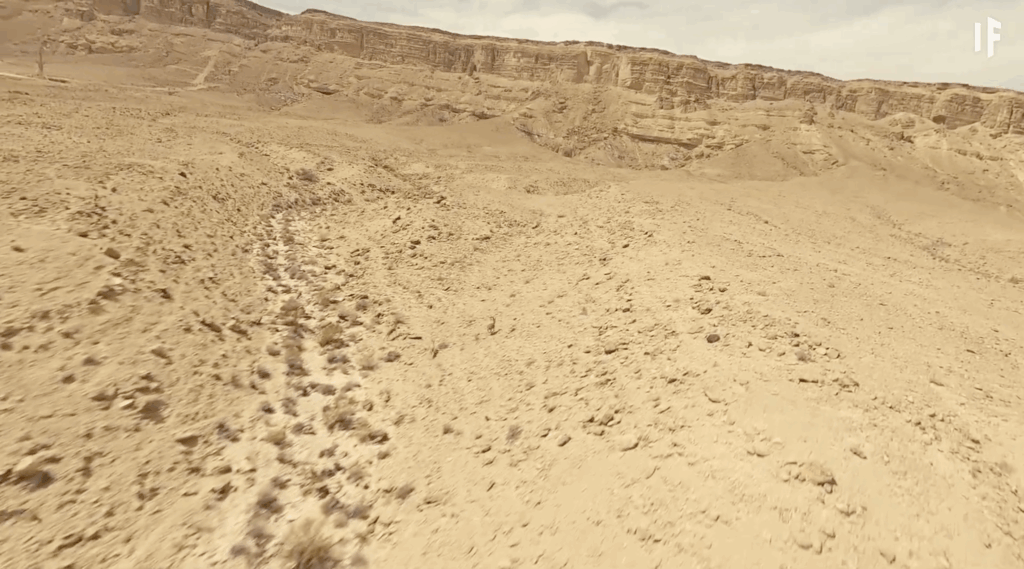
6. Life Would Evolve and Adapt in New Ways
Human survivors would need to change in order to endure. Reptiles and insects would become major food sources, with people learning to hunt crocodiles and cook giant bugs. Evolution would favor smaller species that can survive on less food. Birds might begin nesting in the remains of skyscrapers, and mammals might evolve larger lungs or more efficient oxygen use.
The planet’s oxygen levels would fall, changing how all species grow and function. Future generations might look and behave very differently from us today. Over time, these changes would define a new era of life on Earth, built not on comfort but on adaptability and resilience.



